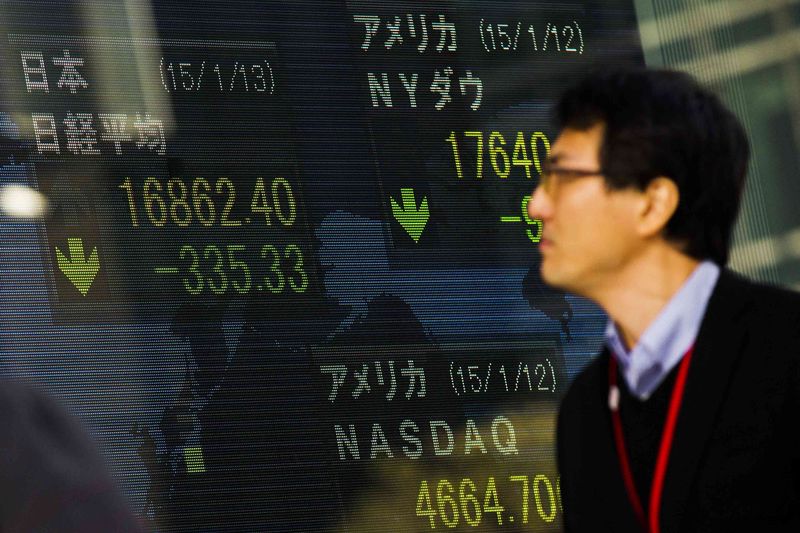Investing.com - Asian markets rose in morning trade on Thursday after the U.S. Federal Reserve kept its benchmark unchanged but struck a more dovish tone in its latest policy statement.
China’s Shanghai Composite and the Shenzhen Component rose 1.4% and 1.0% respectively by 10:30 PM ET (02:30 GMT). Hong Kong’s Hang Seng Index traded 0.8% higher.
Japan’s Nikkei 225 climbed 0.4%. South Korea’s KOSPI inched up 0.1%.
Down under, Australia’s ASX 200 rose 0.2%.
Reserve Bank of Australia Governor Philip Lowe said on Thursday that “the possibility of lower interest rates remains on the table" to speed up economic growth. The central bank cut rates to a record low of 1.25% earlier this month.
"It is not unrealistic to expect a further reduction in the cash rate as the Board seeks to wind back spare capacity in the economy and deliver inflation outcomes in line with the medium-term target,” Lowe said in an economics conference in Adelaide.
"The most recent data - including the GDP and labor market data – do not suggest we are making any inroads into the economy's spare capacity," he said.
The gain in Asian stocks today came after the U.S. Fed indicated a readiness for a possible rate cut later this year, citing “uncertainties” in global economic outlook amid ongoing Sino-U.S. trade war.
The central bank kept rates unchanged in a 2.25% to 2.5% range as expected.
“While the baseline outlook remains favorable, the question is whether these uncertainties will continue to weigh on the outlook and thus call for additional monetary policy accommodation,’’ Fed chairman Jerome Powell told reporters.
His comments came as U.S. President Donald Trump repeatedly criticized the central bank for keeping credit too tight.
On the Sino-U.S. trade front, both Trump and his Chinese counterpart Xi Jinping has confirmed this week that they will be discussing trade issues at next week’s G-20 meeting.
They had a “very good telephone conversation” and are expected to have an “extended meeting” during the gathering, according to Trump, who threatened tariffs on an additional $300 billion Chinese goods if Xi did not attend the G-20 meeting.
